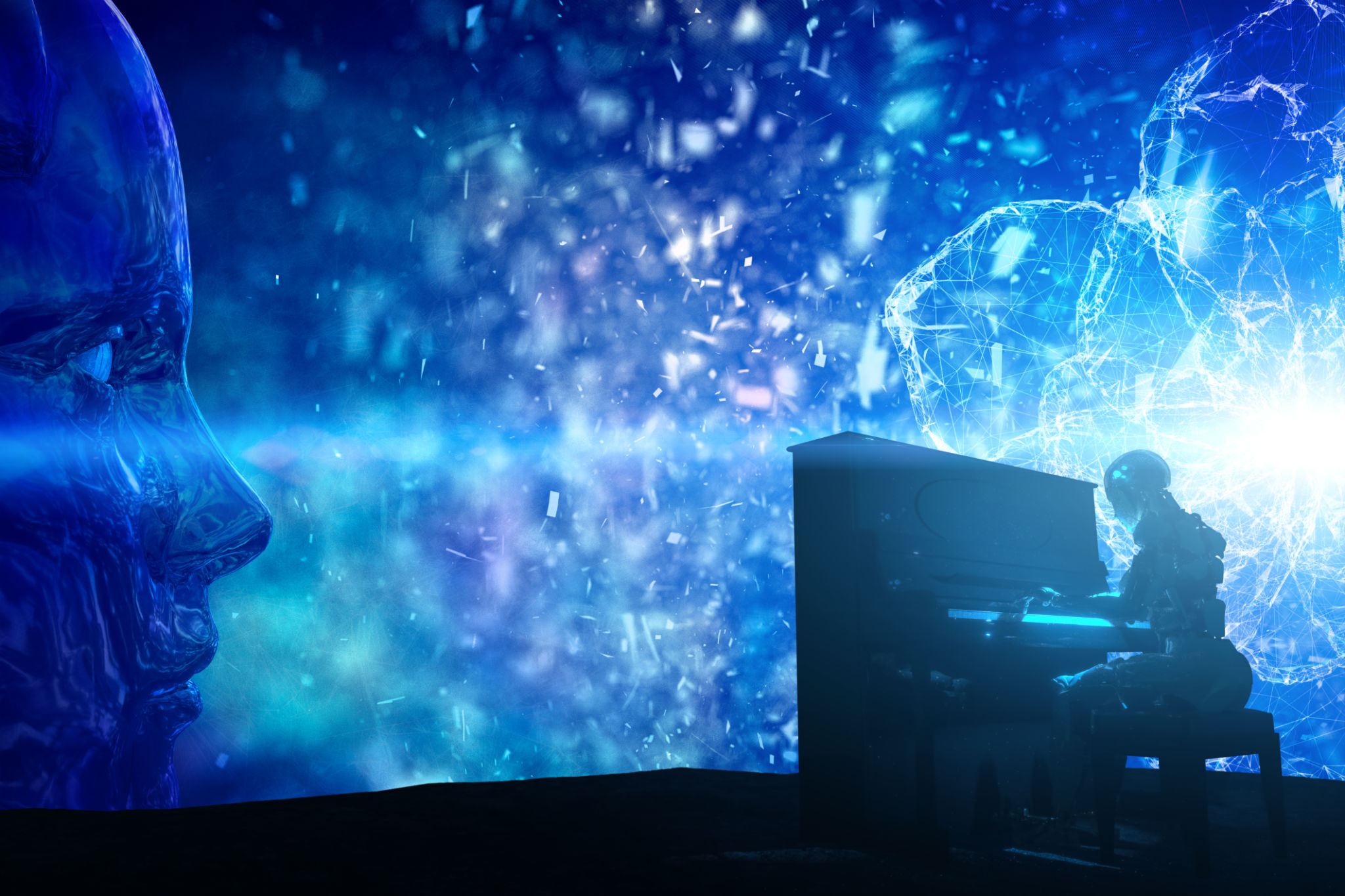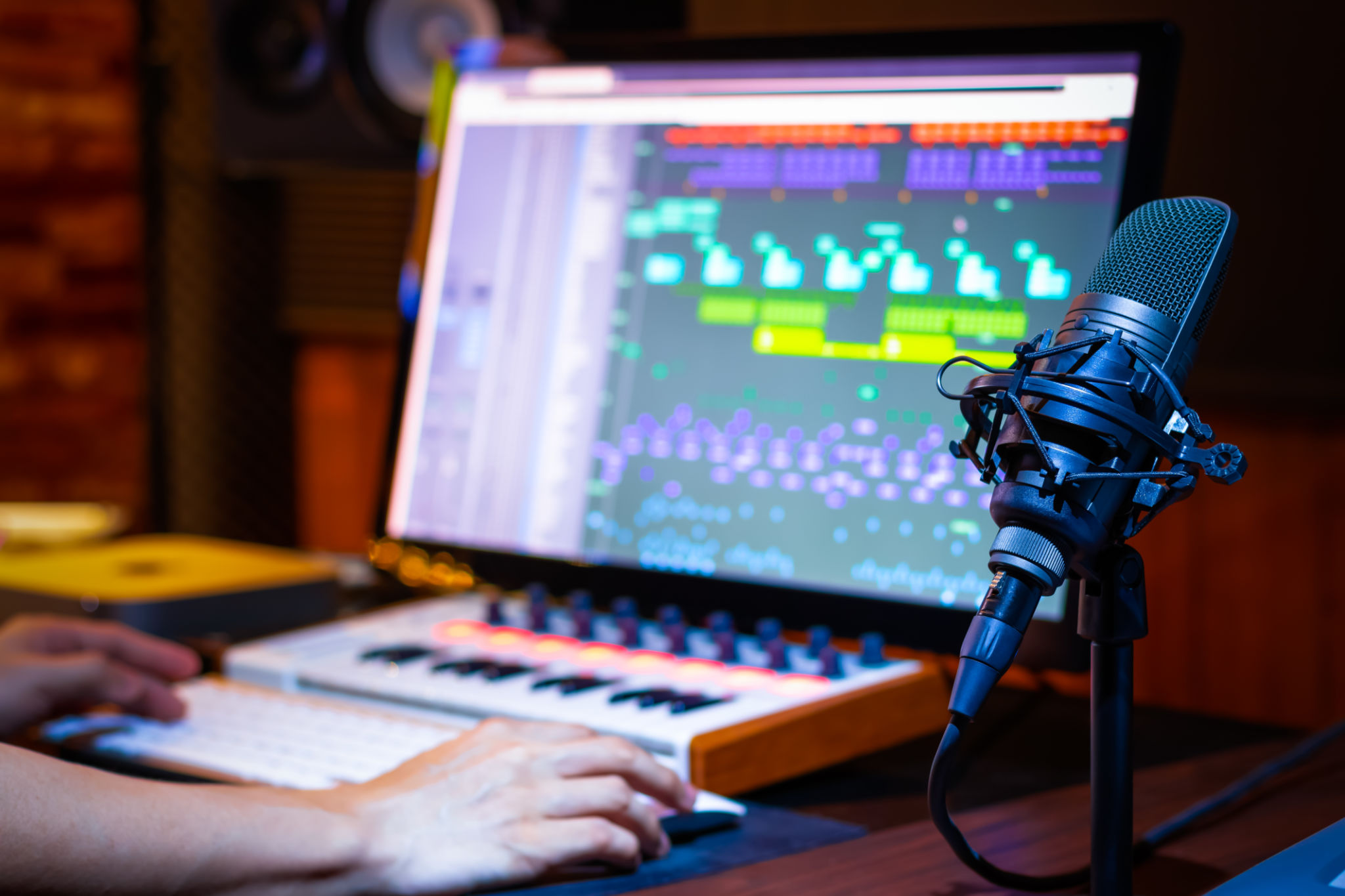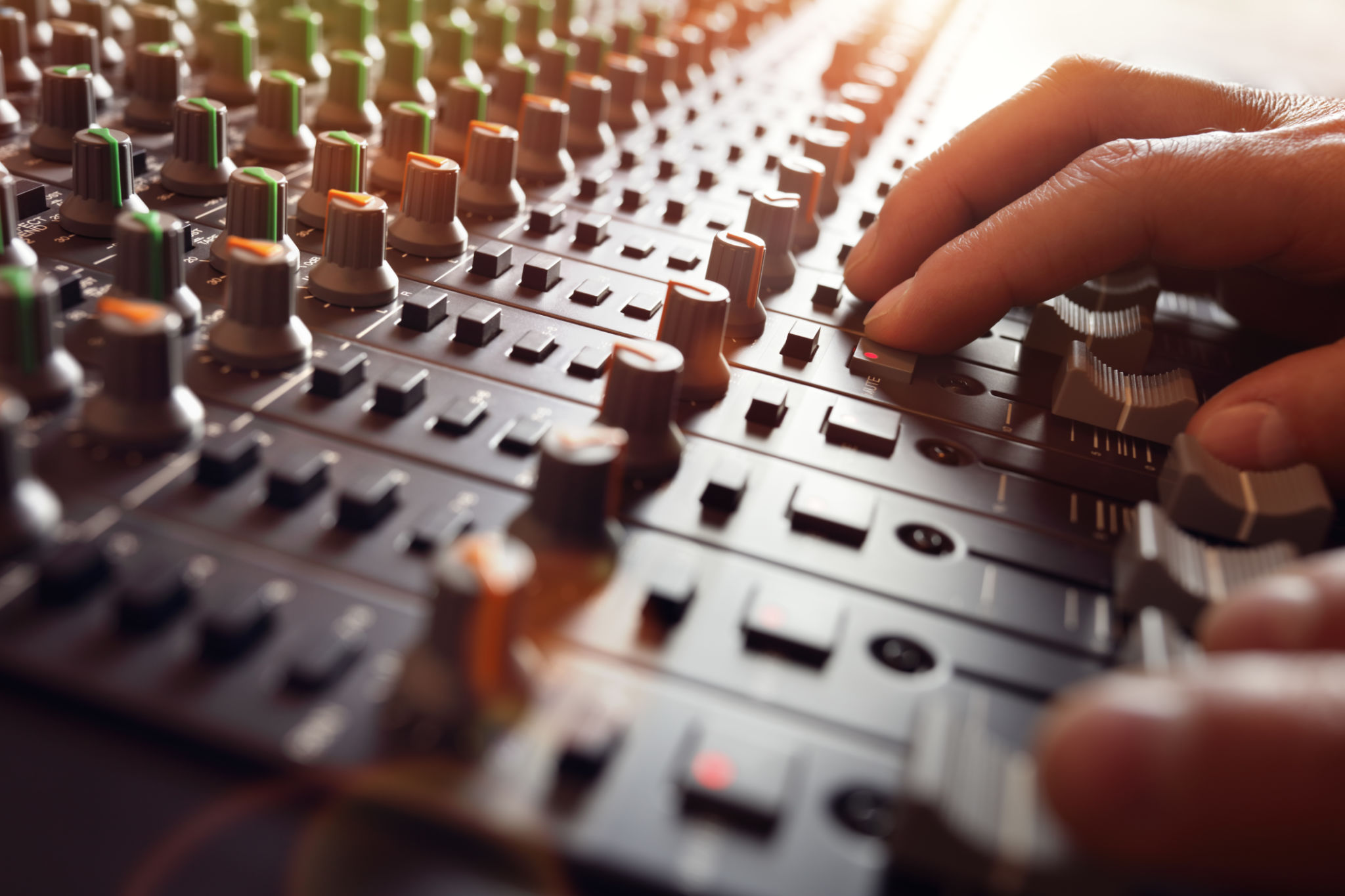How AI is Revolutionizing Music Production: Trends and Tips
Introduction to AI in Music Production
The landscape of music production is evolving rapidly, thanks in large part to the integration of artificial intelligence (AI). From generating melodies to mixing tracks, AI is revolutionizing how music is created and consumed. This transformation is not only changing the role of music producers but also providing new tools and opportunities for artists worldwide.

AI-Driven Composition and Songwriting
One of the most significant areas where AI is making an impact is in composition and songwriting. AI algorithms can now analyze vast amounts of music data to generate melodies, harmonies, and even full songs. These tools can assist artists by providing inspiration or completing compositions more efficiently. It's important to note that while AI can compose music, it still requires human creativity to infuse emotion and authenticity into the final product.
Tools and Software
Several AI-powered tools have emerged to aid in music creation. Platforms like AIVA and Amper Music allow musicians to experiment with new sounds and structures, offering a collaborative approach between human creativity and machine learning. These tools not only save time but also expand the creative possibilities for artists.

AI in Audio Mixing and Mastering
Beyond composition, AI is also transforming the mixing and mastering processes. AI-driven software can analyze audio tracks to suggest optimal levels, equalization, and effects, streamlining the workflow for producers. This technology ensures that even those with limited technical knowledge can achieve high-quality audio results.
Benefits for Producers
The automation of repetitive tasks allows producers to focus more on the creative aspects of their work. This efficiency can lead to faster turnaround times and more polished end products, which is particularly beneficial in the fast-paced music industry.

Trends in AI Music Production
The use of AI in music production is not just a trend; it's becoming a staple. As AI technology advances, new trends are emerging that promise to shape the industry's future. These trends include personalized soundtracks created based on listener preferences and AI-generated music for virtual environments and video games.
Challenges and Ethical Considerations
Despite its advantages, the integration of AI in music production raises several challenges and ethical considerations. Questions about copyright, originality, and the role of human musicianship are at the forefront of these discussions. It is crucial for stakeholders to address these issues to ensure that AI complements rather than replaces human creativity.

Tips for Embracing AI in Music Production
For those looking to incorporate AI into their music production process, here are a few tips:
- Experiment with different AI tools: Explore various platforms to find the ones that best suit your creative needs.
- Stay informed about industry trends: Keep up with the latest advancements to leverage new opportunities effectively.
- Balance technology with creativity: Use AI as a tool to enhance your creativity, not replace it.
By embracing AI responsibly, musicians and producers can unlock new levels of innovation while maintaining the essence of human artistry in their work.